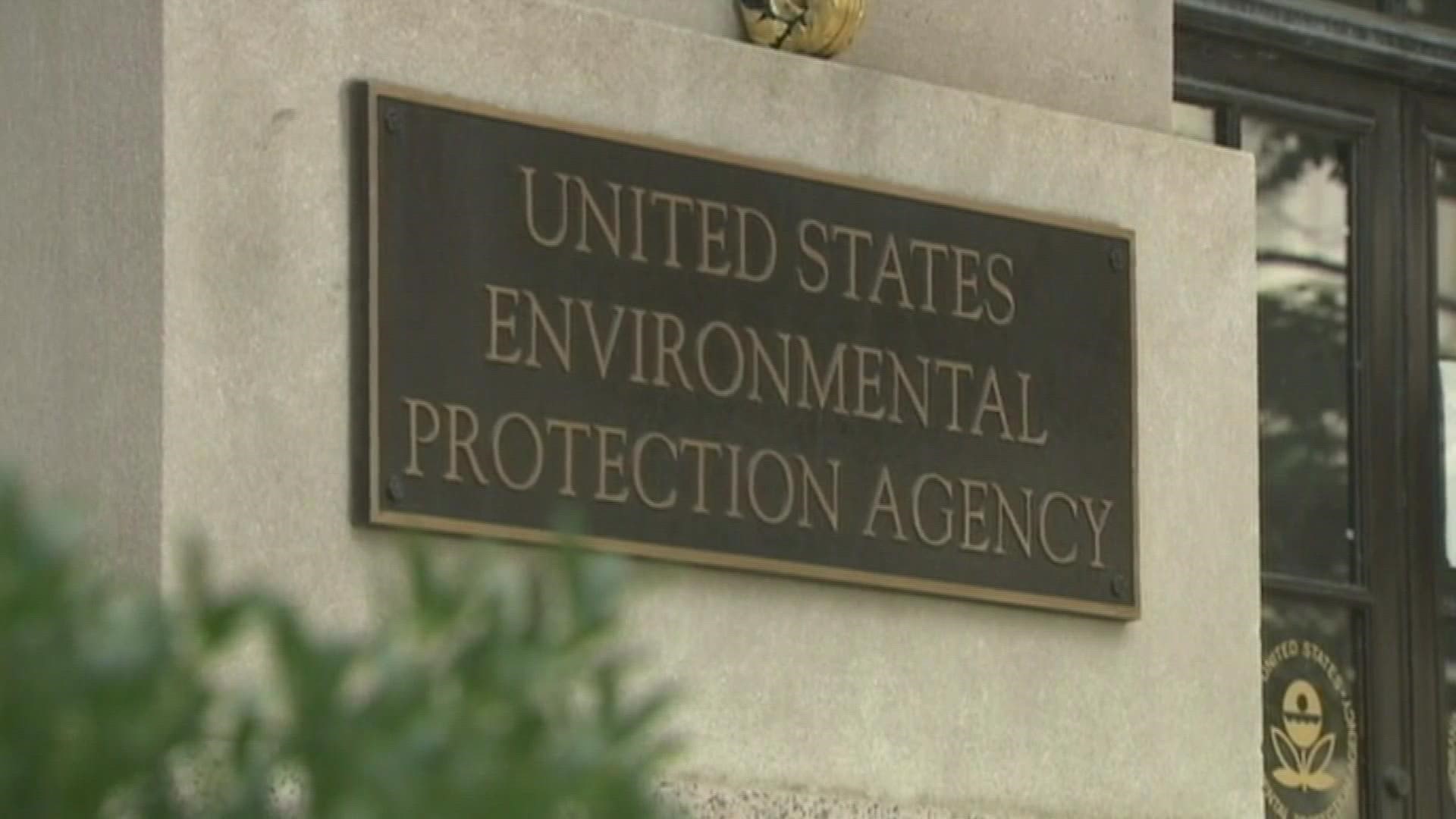FAIRFIELD, Maine — After promising action for years, the Environmental Protection Agency released a strategic plan this week for tackling widespread contamination from PFAS chemicals.
Some Mainers exposed to the toxic compounds have said the plan contains more promises than planned action against ongoing contamination.
Fairfield resident Nathan Saunders is grateful combating PFAS chemicals is the focus of a new EPA strategic plan, but he said it's too little too late.
"There is a lot of money being pushed towards this, but I am also pretty dismayed with the length of time this has taken," Saunders said.
Last fall tests found toxic compounds in his well, 1,000 times higher than Maine's standard in drinking water. Unsafe levels of the chemicals have been discovered in more than 190 private wells in Fairfield, according to an investigation by the Maine Department of Environmental Protection.
Regulators have said the source of the contamination is runoff from nearby farm fields, which were spread with wastewater sludge used as fertilizer for decades.
Studies have linked PFAS to an increased risk of cancer, reproductive effects and developmental delays.
Federal regulators plan to expand efforts to restrict industrial releases of PFAS into the air and water. Saunders is suing more than a dozen paper mills and paper companies. The lawsuit alleges the companies are responsible for the contamination in his well.
Saunders said the EPA's plan doesn't go far enough.
"We are stuck. A lot of other people in Fairfield are stuck as a result of man-made chemicals that were released into the environment from a manufacturing company that made a lot of money," Saunders said.
Criticism is also coming from mothers of children who drank water laced with PFAS at the former Pease Air Force Base in Portsmouth, New Hampshire.
The contamination came from firefighting foam that seeped into the base's drinking water for decades. Andrea Amico, who spent five years fighting for a national health study on PFAS, criticized the Biden Administration for not holding the Department of Defense more accountable for cleaning up the contamination.
"They have moved incredibly slow in many parts of the country when it comes to addressing this issue," Amico said.
The Agency for Toxic Substances and Disease Registry is enrolling adults and children who were exposed to PFAS in the drinking water at Pease between 2004 and 2014. For more information on how to participate, click here.
In Fairfield, the DEP has installed carbon filtration systems that are removing the chemicals. There are an estimated 700 sites throughout the state that are potentially contaminated with municipal sludge.
The state is expected to announce soon what sites will be prioritized for testing. That's expected to get underway in mid-November.
More NEWS CENTER Maine stories

